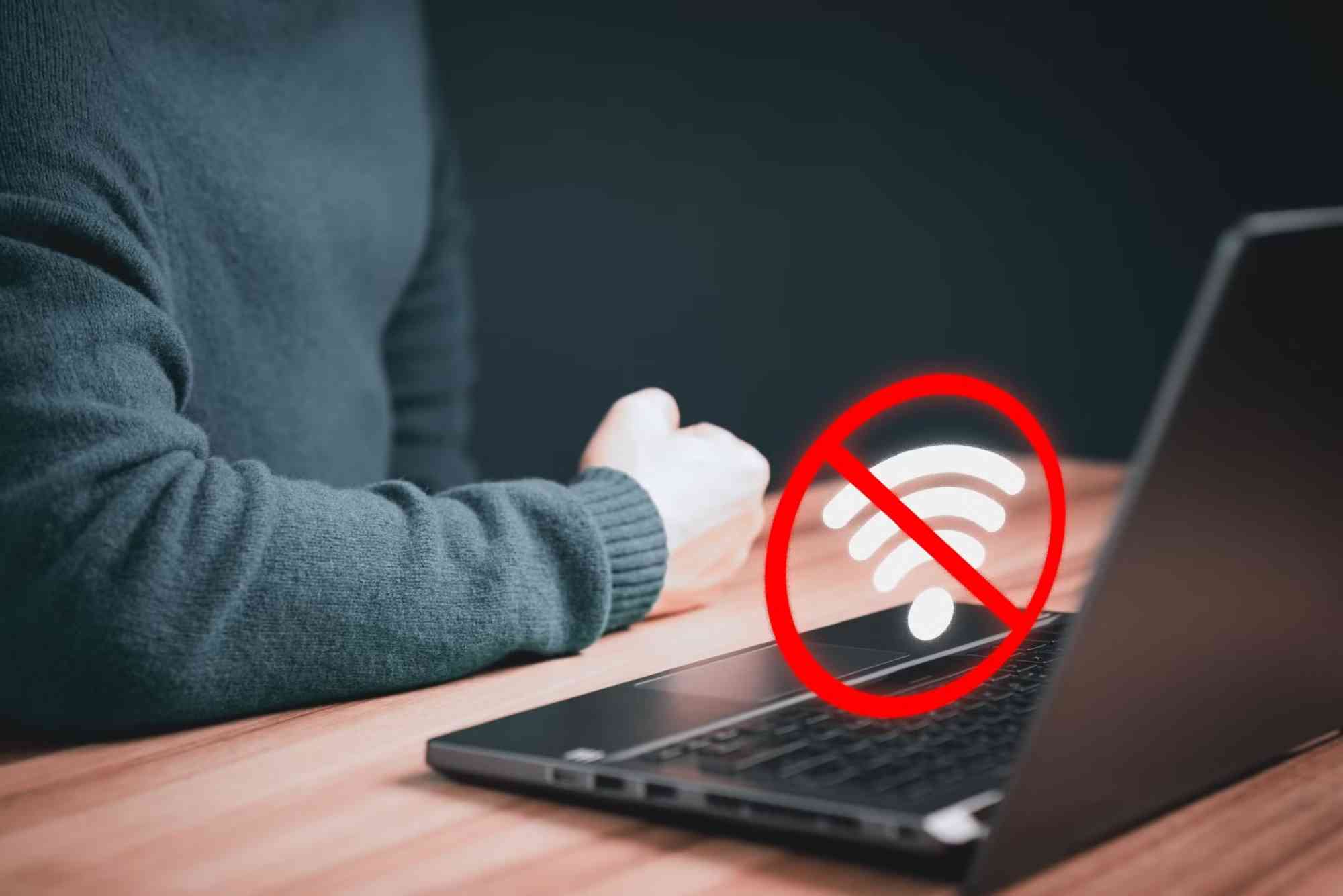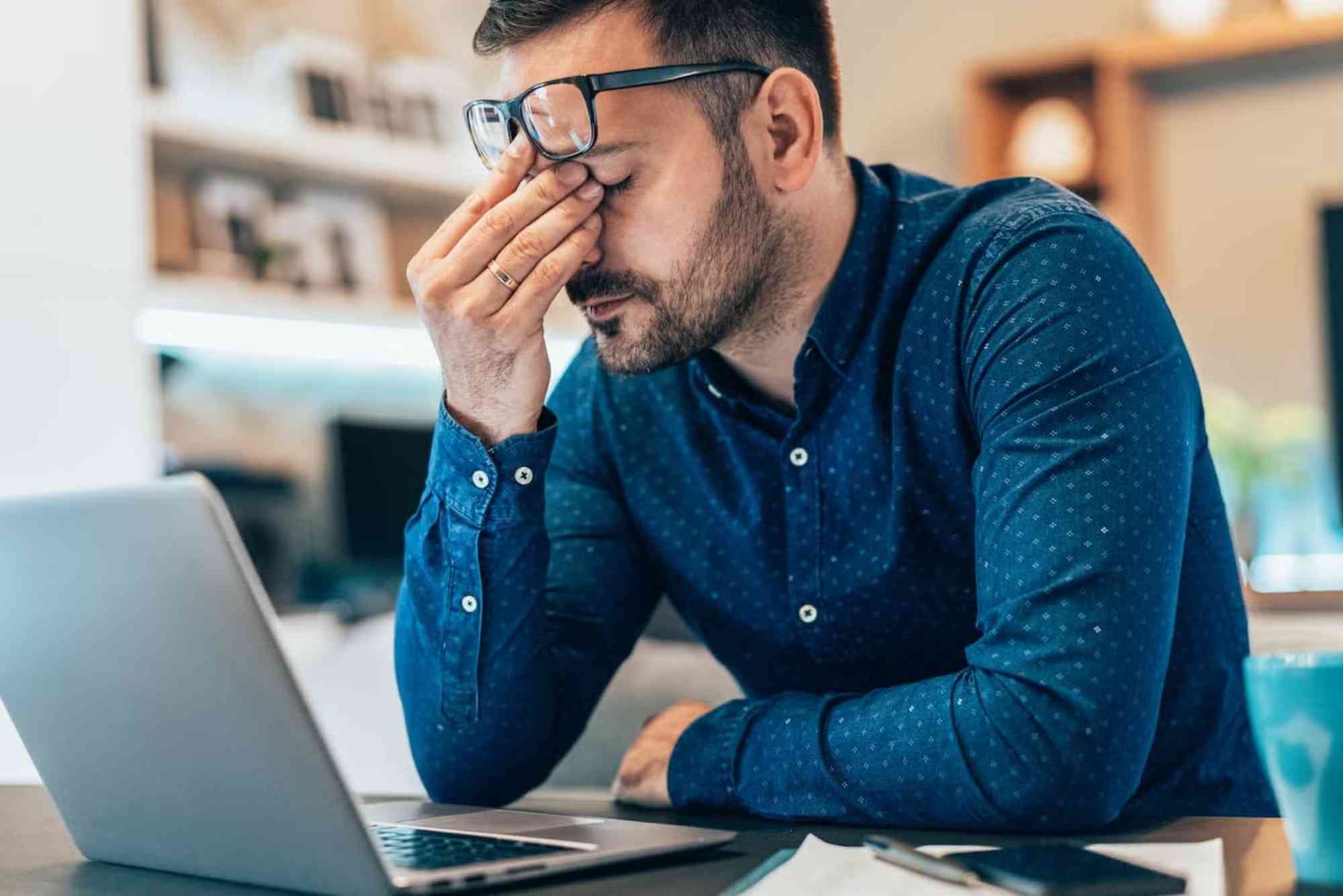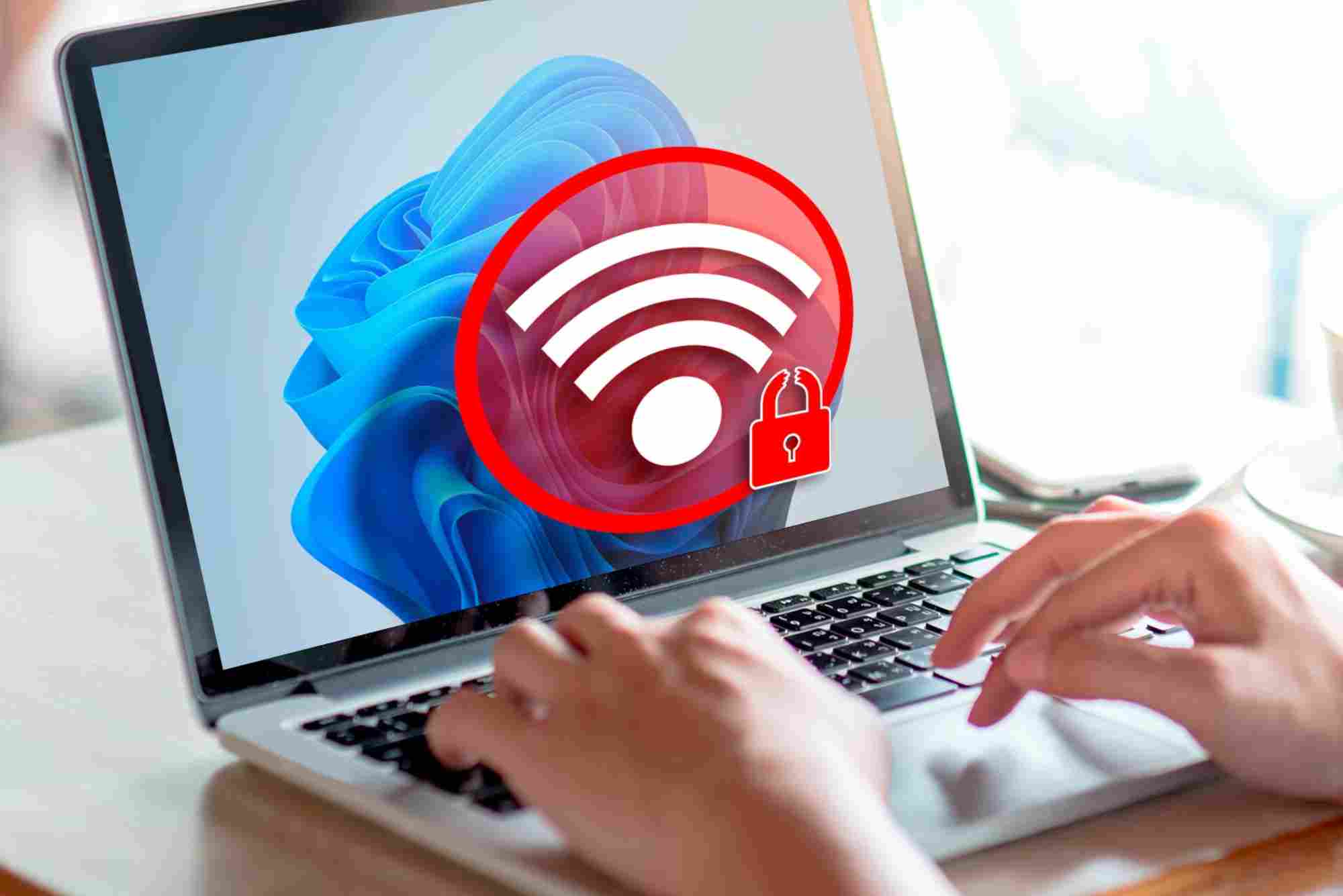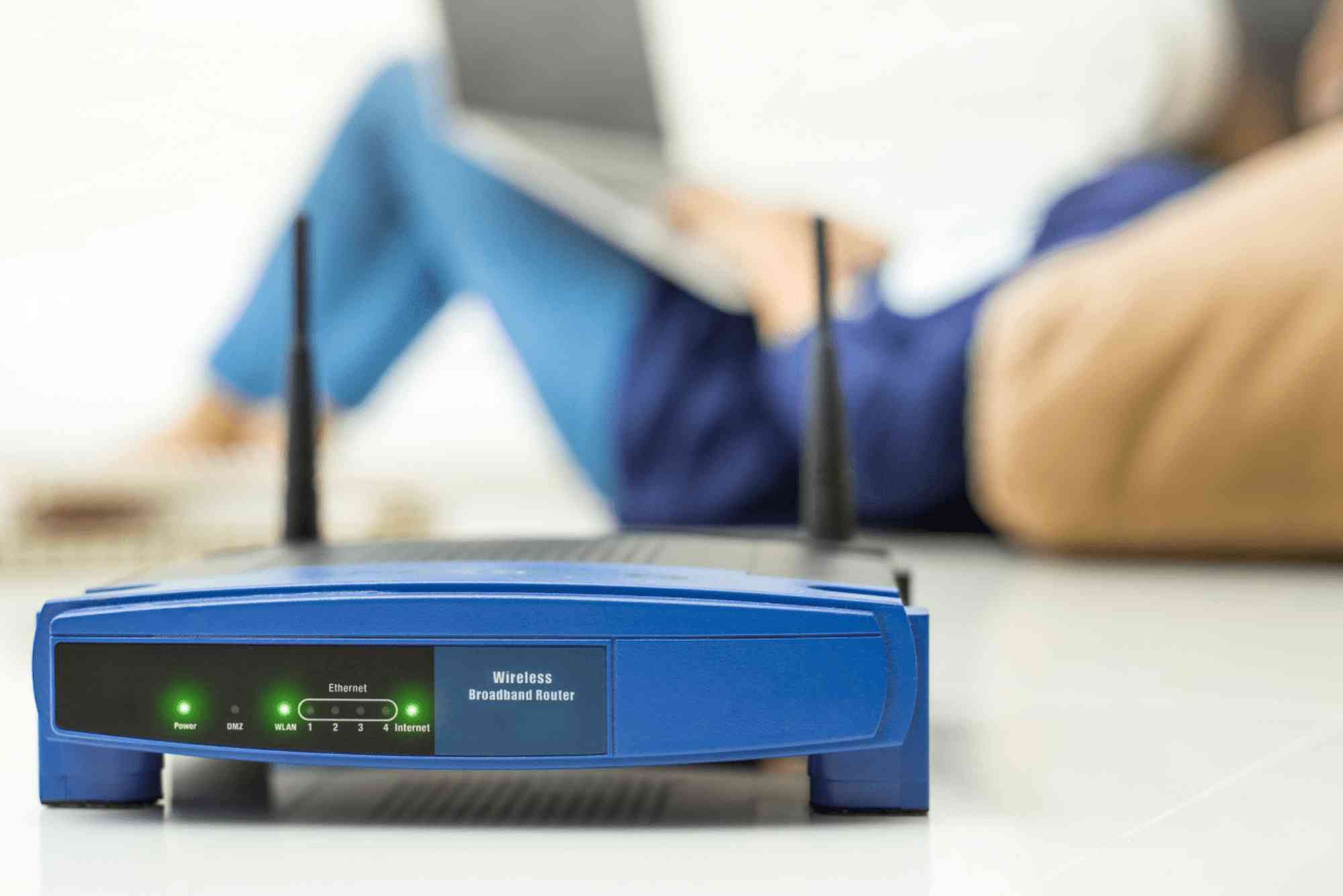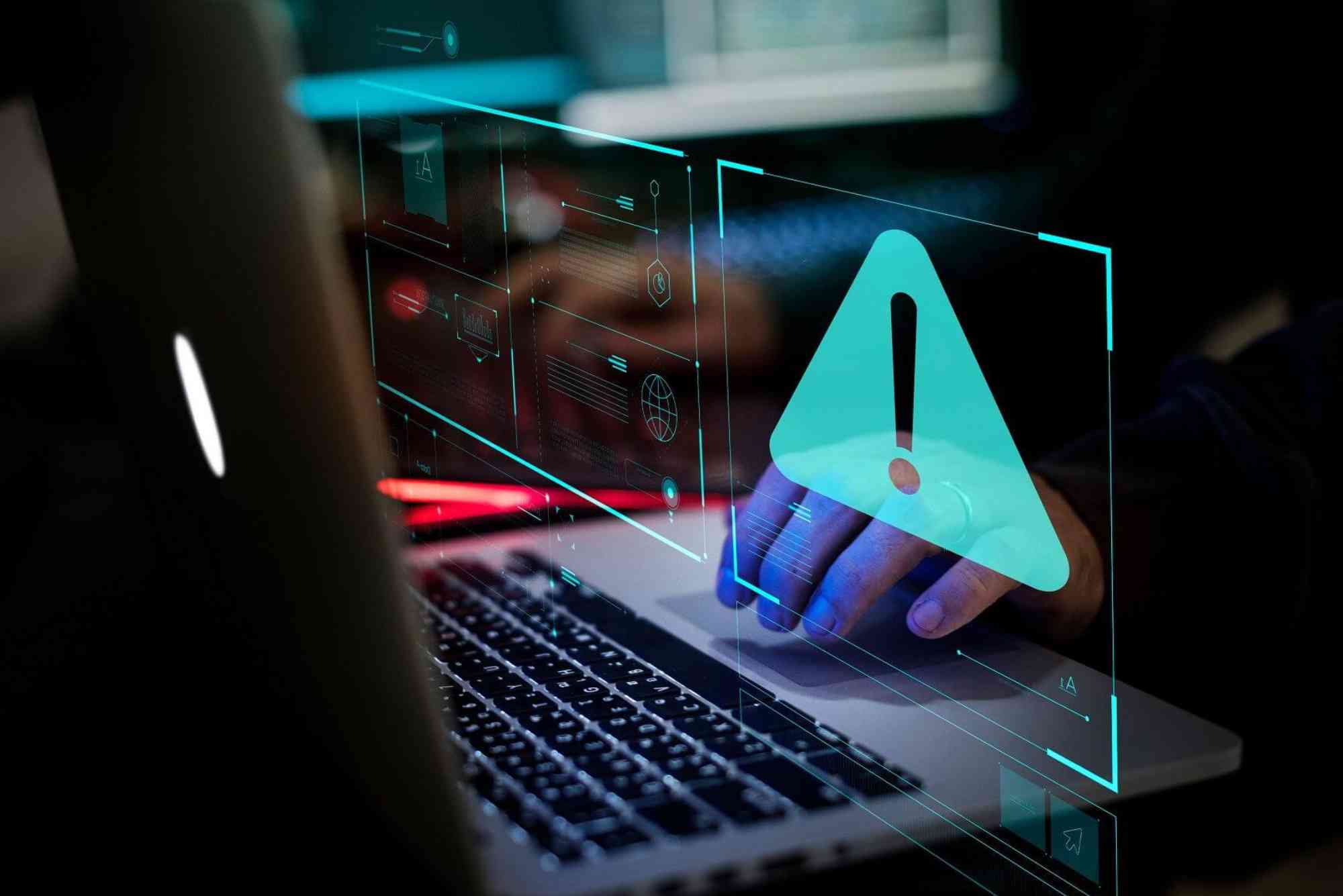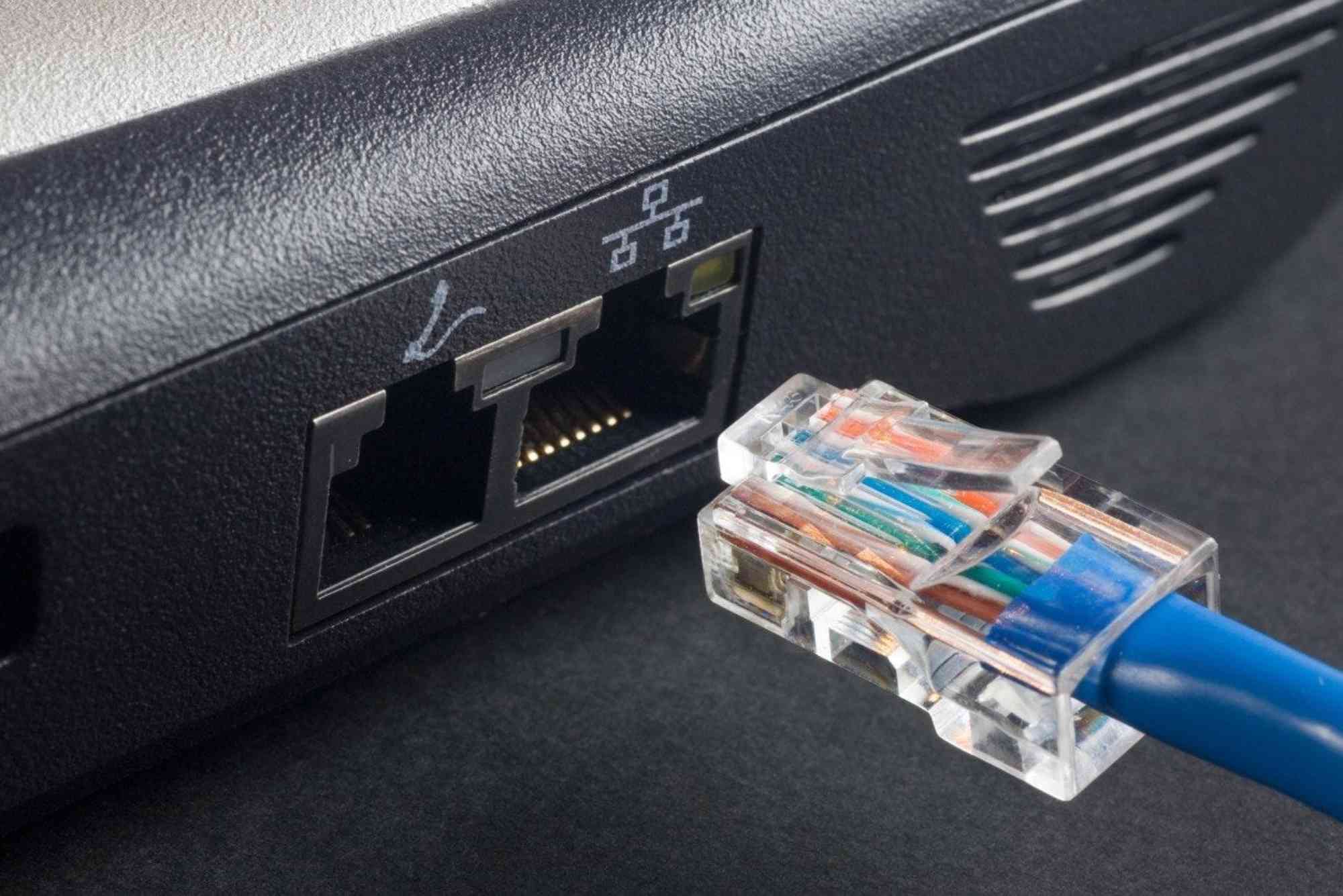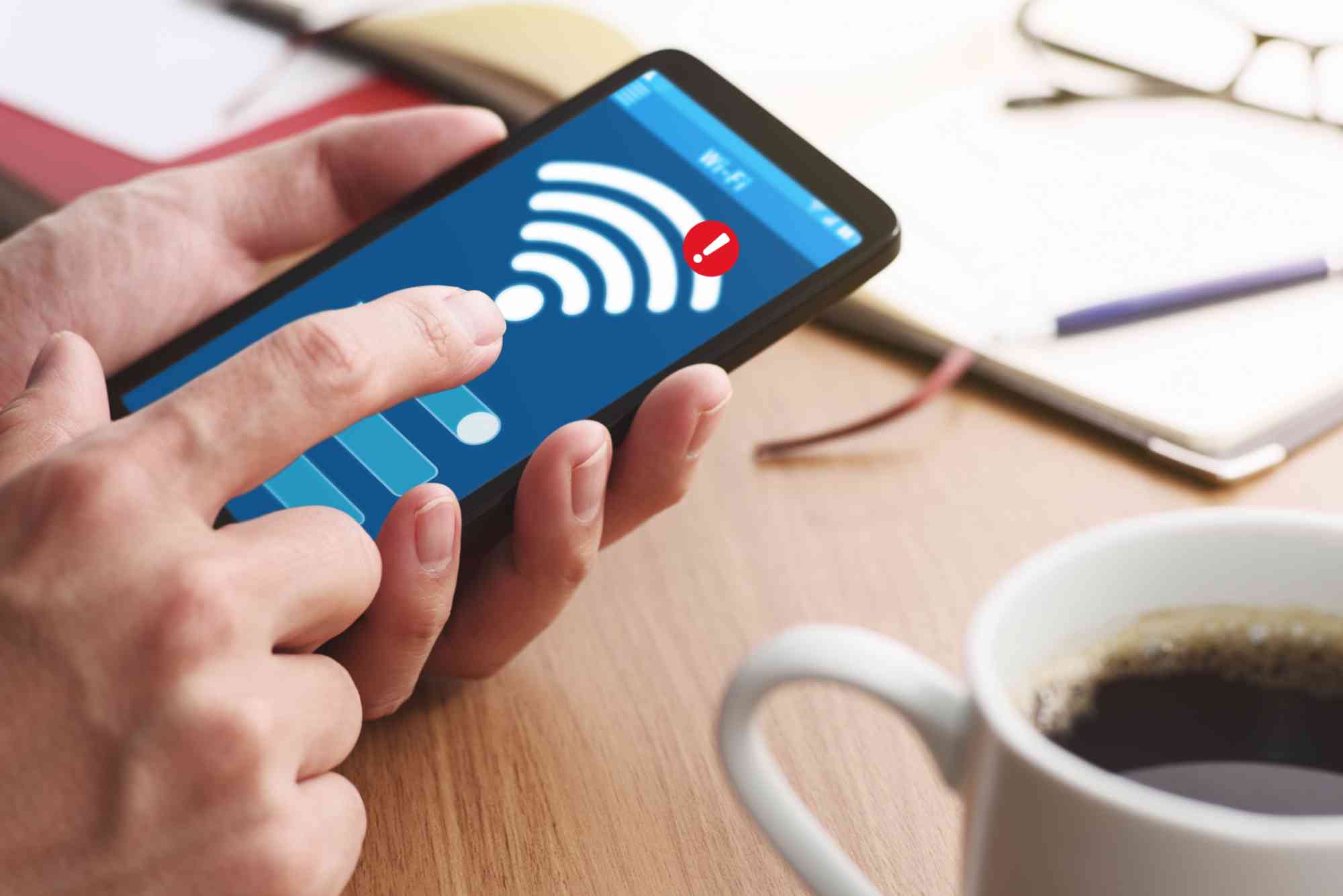How to Use VPNs on Your Mobile Devices
In today’s digital world, our mobile phones carry everything—banking apps, personal photos, private chats, and work files. But with constant internet use, mobile devices are also vulnerable to cyber threats. One of the best ways to safeguard your data is by using VPN on mobile devices. A VPN (Virtual Private Network) encrypts your connection, hides your IP address, and helps you browse securely.
In this guide, we’ll walk you through why VPNs matter, how to set them up on Android and iOS, and practical tips for safe browsing.
Why Use VPN on Mobile Devices?
Most people think VPNs are only for laptops or desktops. The truth is, mobile devices are even more exposed. Here’s why:
Enhanced Privacy
When you’re using VPN on mobile devices, your real IP address is masked. This makes it harder for hackers, ISPs, or advertisers to track your online activities.
Secure Public Wi-Fi Connections
Coffee shops, airports, and hotels often provide free Wi-Fi. But these networks are prime targets for cybercriminals. A VPN encrypts your traffic, keeping your data safe even on unsecured networks.
Access Restricted Content
Streaming platforms, websites, or apps may block access depending on your region. With a VPN, you can bypass these restrictions and enjoy content worldwide.
Safer Online Banking
Mobile banking apps are convenient but risky on open networks. A VPN adds an extra layer of security, protecting your financial details.
How to Set Up VPN on Android Devices
Setting up a VPN on Android is easier than you think.
Choose a Reliable VPN Provider
Pick a trusted provider with strong encryption, no-logs policy, and fast servers. Providers like ExpressVPN, NordVPN, or Dhanote Internet Services offer reliable mobile options.
Download the VPN App
Go to Google Play Store, search for your chosen VPN, and install the app.
Log In and Select a Server
Open the app, log in, and choose a server. For better speed, select one near your location.
Enable the VPN
Once connected, your data is encrypted, and you’re ready to browse securely.
How to Set Up VPN on iOS Devices
Apple users can also benefit from using VPN on mobile devices with just a few steps.
Get a VPN App from App Store
Download the VPN app of your choice.
Install and Allow Permissions
During setup, grant the VPN app permission to add VPN configurations.
Connect to a Server
Log in, select a server, and connect. Once active, you’ll see the VPN icon at the top of your iPhone.
Manual VPN Configuration on Mobile
If you prefer not to use third-party apps, both Android and iOS let you configure VPNs manually.
On Android
- Go to Settings > Network & Internet > VPN.
- Tap “Add VPN” and enter server details from your provider.
- Save and connect.
On iOS
- Open Settings > General > VPN & Device Management.
- Tap “Add VPN Configuration.”
- Enter details like server address and authentication.
- Save and toggle the VPN switch.
Best Practices for Using VPN on Mobile Devices
Simply installing a VPN isn’t enough. To maximize security and performance:
Always Use Auto-Connect
Enable auto-connect so your VPN activates whenever you join Wi-Fi or mobile networks.
Pick the Right Protocol
Modern VPNs offer protocols like OpenVPN, IKEv2, or WireGuard. Choose based on speed and security needs.
Avoid Free VPNs
Free VPNs often come with limited security, slower speeds, and potential data leaks. Opt for a reliable paid service.
Keep Apps Updated
Always update your VPN app to patch vulnerabilities and improve performance.
Common Issues and Fixes
Even with the best services, you might face issues while using VPN on mobile devices.
VPN Not Connecting
Switch servers or change protocols. Sometimes mobile carriers block certain VPNs.
Slow Speeds
Choose a closer server or ensure no heavy apps run in the background.
Battery Drain
VPNs use encryption, which may affect battery life. Use battery saver settings for longer sessions.
Security Benefits of VPNs Beyond Browsing
VPNs are not just for browsing—they enhance your overall mobile experience.
Secure Messaging
Messaging apps like WhatsApp and Telegram become safer with VPN encryption.
Safer Remote Work
Employees accessing company files remotely can protect sensitive data with a VPN.
Prevent Bandwidth Throttling
Some ISPs slow down streaming or gaming. A VPN helps maintain speed consistency.
FAQs
Is it safe to use a VPN on mobile?
Yes, VPNs secure your data and protect your privacy, especially on public Wi-Fi.
Does VPN drain mobile battery?
Yes, but only slightly. Choosing efficient protocols and servers minimizes battery use.
Can I use a free VPN on my phone?
You can, but free VPNs often log data and provide weaker security. Paid VPNs are safer.
Do I need a VPN if I only use mobile data?
Yes, even mobile networks can be tracked by ISPs. VPNs ensure privacy everywhere.
Will VPN slow down my phone?
VPNs may reduce speed slightly, but premium services keep it minimal.
Mobile devices are an essential part of daily life. From shopping to banking, we rely on them for everything. But this convenience comes with risks. By using VPN on mobile devices, you protect your privacy, secure your data, and access the internet freely.

